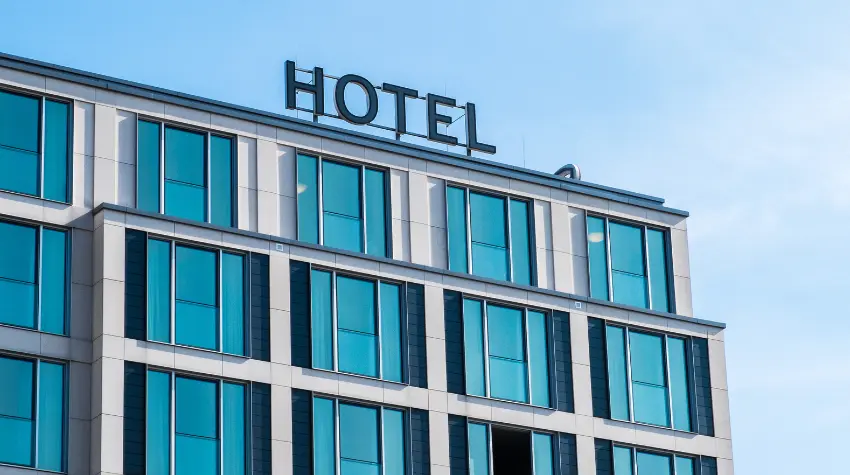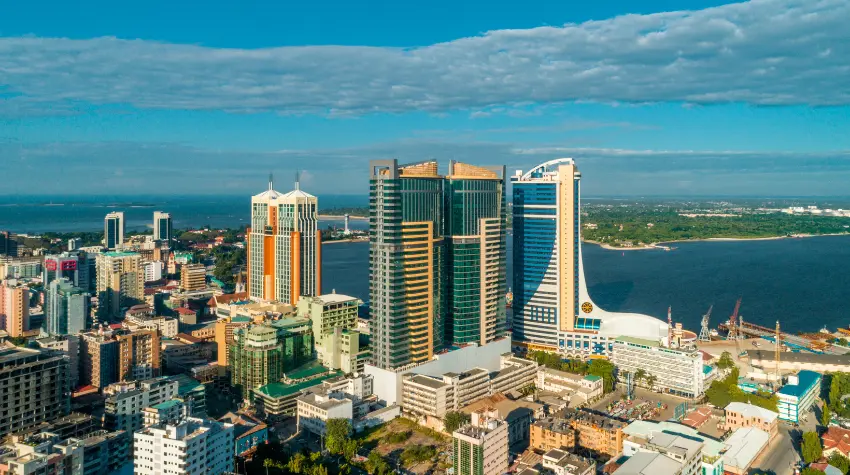Many hotel developers face a critical decision: lease their property or opt for a management agreement. While leasing might seem like a simpler, hands-off approach, it often comes with significant risks that can impact your long-term returns. As a Real Estate and Strategic Letting Consultant, I strongly advise developers to carefully consider the potential downsides of hotel leasing before making this crucial decision.
Why is hotel leasing often less desirable than a management agreement?
Limited Control – With a lease, you essentially hand over control of your asset to the tenant. You have limited say in how the hotel is operated, branded, and marketed. This can lead to misalignment with your long-term vision and potentially damage your property’s reputation.
Revenue Sharing – Lease agreements typically involve a fixed rent, which may not reflect the true potential of your property. You miss out on the upside potential of increased revenue and profitability that a well-managed hotel can generate.
Maintenance and Capital Expenditures – Lease agreements often place the burden of maintenance and capital expenditures on the tenant. While this might seem appealing initially, it can lead to deferred maintenance and a decline in the property’s condition over time, ultimately impacting its value.
Brand Dilution – The tenant may operate the hotel under a different brand or may not maintain the brand standards you envision. This can dilute your property’s brand identity and negatively impact its market positioning.
The Alternative: Management Agreements
A management agreement, on the other hand, allows you to retain ownership and control while partnering with a professional hotel management company. This approach offers several advantages:
Professional Management – Benefit from the expertise of experienced hotel operators who can maximize your property’s performance.
Performance-Based Incentives – Management fees are often tied to performance, aligning the interests of the owner and the operator.
Greater Control – Maintain oversight of key decisions related to branding, marketing, and operations.
Long-Term Value Creation – A well-managed hotel is more likely to appreciate in value over time.




